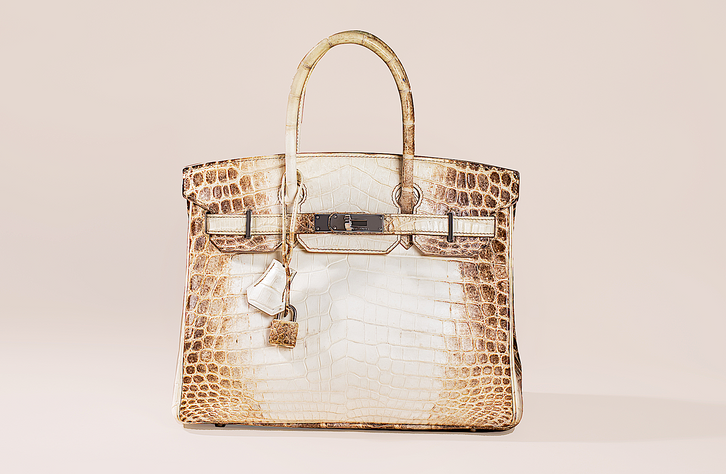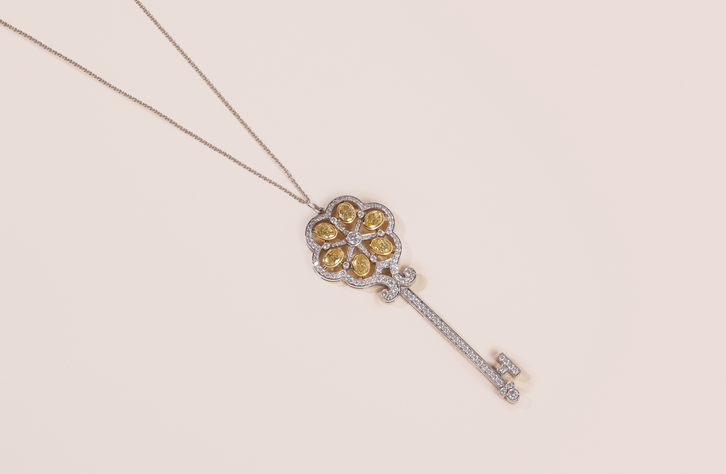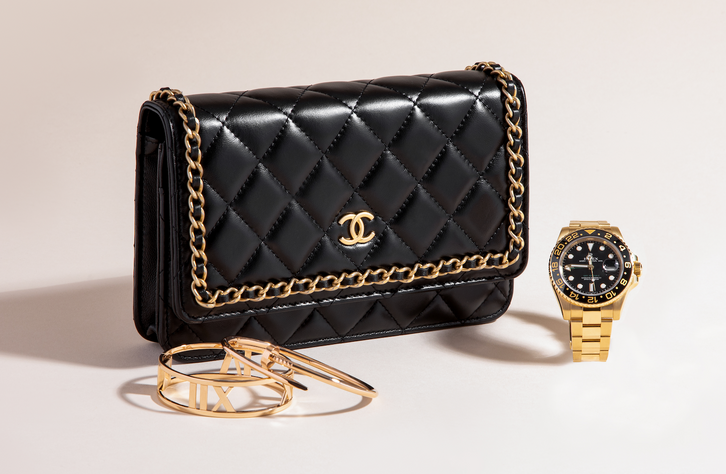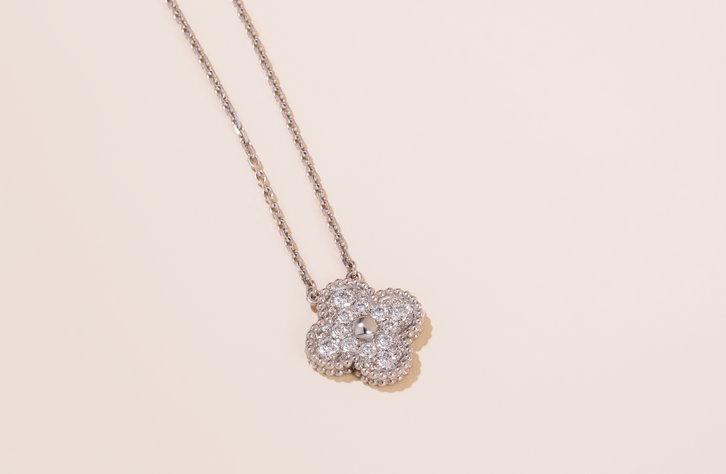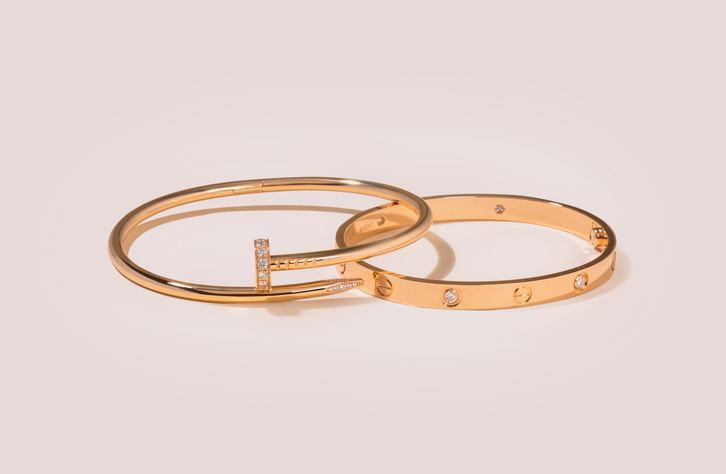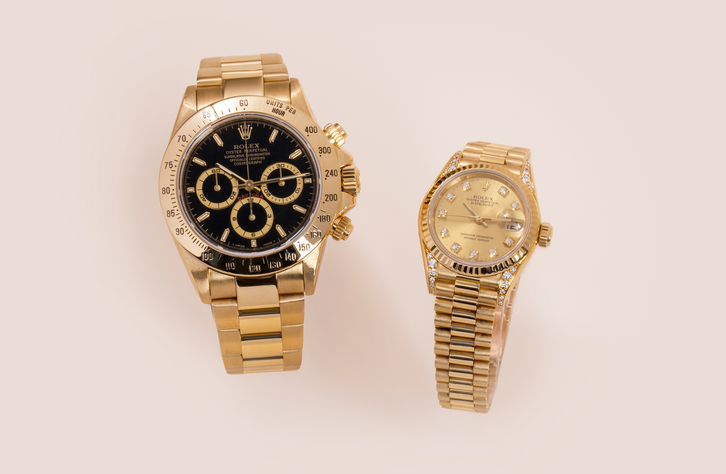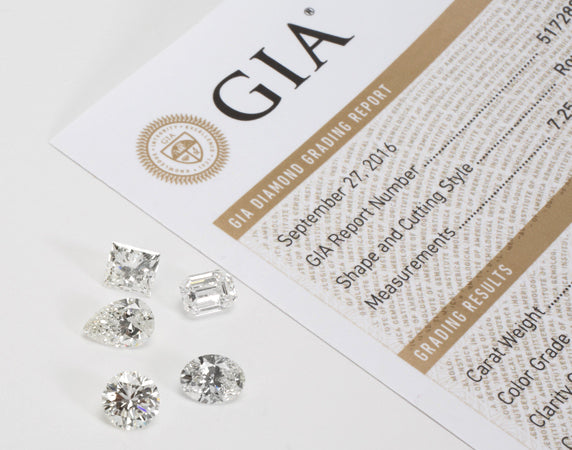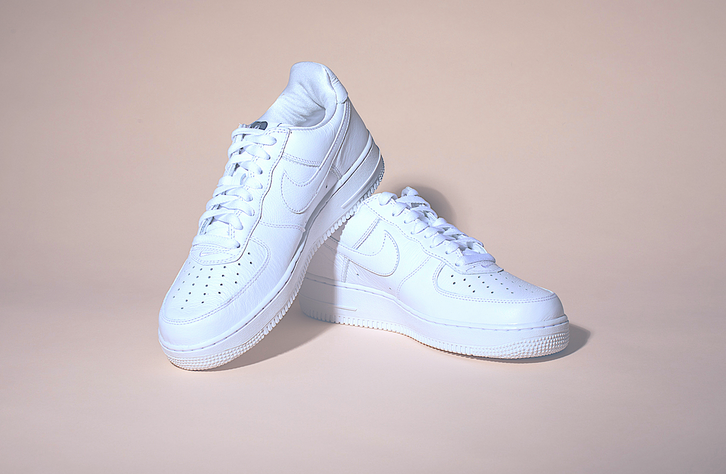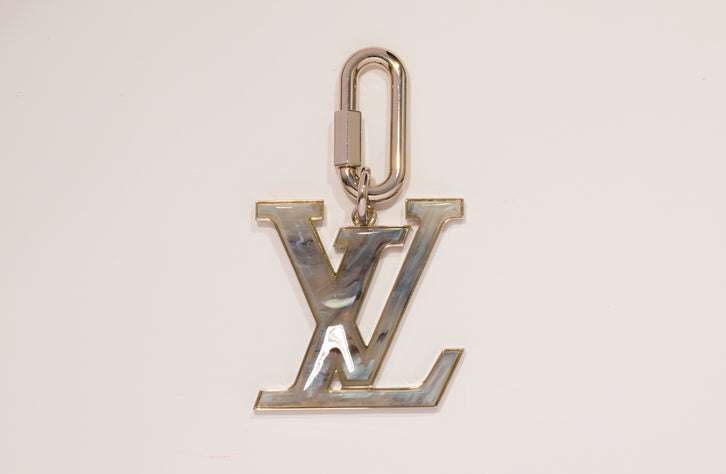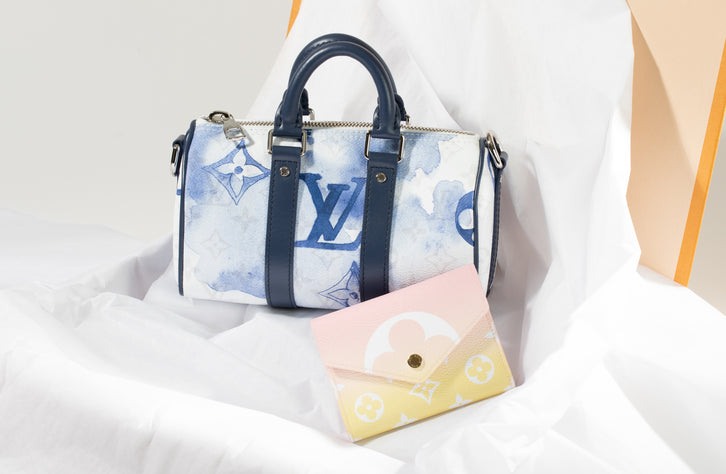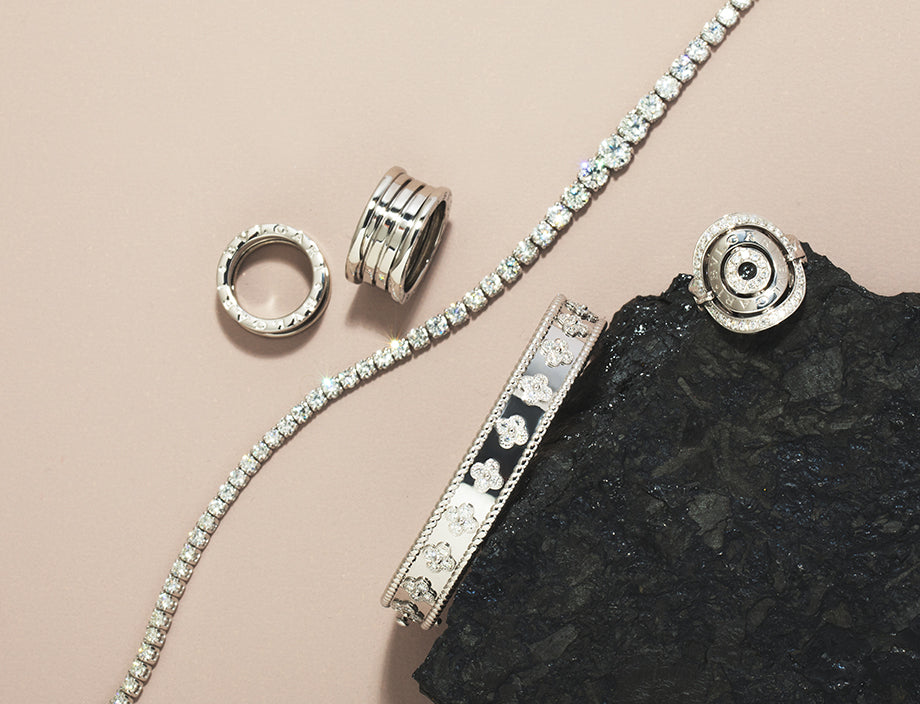Depending on what you have, how much you need to raise, when you need the funds and whether you are happy to part with the items, you will make different choices. When considering whether to sell or pawn jewelry, weigh up both options and see which is the right fit.
Overview Of Pawning Jewelry
How Does It Work?
In a nutshell, pawn shops make collateral loans: they lend you money, you hand over your valuables. Increasingly popular during times of economic downturn, pawnbrokers have been used by millions to make ends meet.
Customers bring in an item of value, which the pawn shop offers a loan on based on its estimated second hand value. Goods are then kept securely in the possession of the pawnbrokers and returned once the full loan and interest have been paid. Interest rates vary from state to state so it is important to check exactly what these fees are.
Pros of Pawning Jewelry
The obvious benefit when you pawn jewelry is that you are not parting with them for good. Provided that you meet your payments on time you will only temporarily hand over your diamonds and or jewelry. It is a short-term solution designed to help you meet small financial commitments without having to sell your possessions.
Cons of Pawning Jewelry
- Interest Rates
Unless you have the funds available to repay the loan early, pawnbrokers may not be the right choice as it is an expensive way to borrow. With exorbitant interest rates and short loan times of as little as 30 days, roughly 40% of pawnshop customers find that they have to repeat the loan. This cycle can be financially draining as you are compounding the APR (annual percentage rate).
Example: You pawn jewelry with a retail value of $2,500.
- You receive $1,000 from the pawnbroker to be paid over a 12-month period
- The total amount of money that you could pay the pawnbroker by the end of the year is approximately $1,850
- Fixed Interest rates can be as high as 120% and APRs as high as 400%
Result: Making this option far less financially viable than might be apparent and less attractive than potentially selling the item.
- Risk Of Defaulting On A Loan
Defaulting on a loan does of course mean losing your item, a large amount of customers do not reclaim their items. Given that you receive a fraction of the value of the goods in the form of a loan, defaulting on payments and parting with your items is not a financially smart move. There is an element of risk involved when you pawn jewelry, especially if you think you may not be able to meet your payments.
- Less Economically Advantageous
Even if you do meet all of your payments, the main difference between pawning jewelry and selling jewelry is that whereas selling generates cash, pawning only lends you money that you have to pay back with interest. And whilst selling gives you the entire cash value of an item, pawning diamonds and jewelry will only provide you with a fraction of its resell value.
- Not Diamond Specialists
You can sell your items to a pawnbroker but they are not diamond specialists. As such, they do not have the expertise and knowledge to offer the best prices. Diamond buyers alone can offer the best prices for your diamond.
Overview Of Selling Jewelry
Pros Of Selling Jewelry
Selling your items, provided that you sell to the right person or company, will give you the entire second-hand value of the item to keep. This means that:
- You receive more cash for your diamonds and jewelry
- There is no debt involved
- It is a quick and clean transaction that can be completed in as little as 24 hours
- There are no loans involved or financial risk on your end
Cons Of Selling Jewelry
Naturally, once you sell your items they are no longer yours. So if you are not looking to permanently part with your goods, selling will not be the right fit for you. If you decide that you are comfortable with this then the next step is to consider how to sell diamonds and jewelry.
Where To Sell Diamond Or Designer Jewelry?
Once again, you have a few choices when it comes to selling jewelry. But in terms of straightforward and quick solutions with competitive prices, online diamond buyers are always the best option. With lower overhead costs and international distribution access, online buyers can offer higher prices than local jewelry buyers.
When choosing an online diamond buyer, research is key. There are a variety of businesses that will offer to buy your diamonds and jewelry but not all companies are the same.
- Look for reviews from previous customers
- Always check that the company is BBB accredited
- It should not cost you anything to receive a quote
- You will want to ensure that it is a gemologist examining any diamond items.
Ultimately it comes down to personal choice and circumstances, but whatever you choses it is important to weigh up your options. If you are ready to part with your items for good, selling diamonds and designer jewelry is the more lucrative and straightforward of procedures.
Sell Diamond & Designer Jewelry To myGemma
At myGemma we strive to offer a professional and smooth process from beginning to end. We buy a wide range of luxury items including diamond jewelry, designer jewelry, luxury watches, bags and collectible sneakers. With free valuations and quick online quotes, our GIA trained gemologists and luxury experts are always on hand to make you a fair offer.
Our process is designed to take as little 24 hours, from price quote to payment. That is because we buy your luxury items directly, no middle-man involved. There are no costs involved, no hidden fees and no commissions deducted from your final offer.









